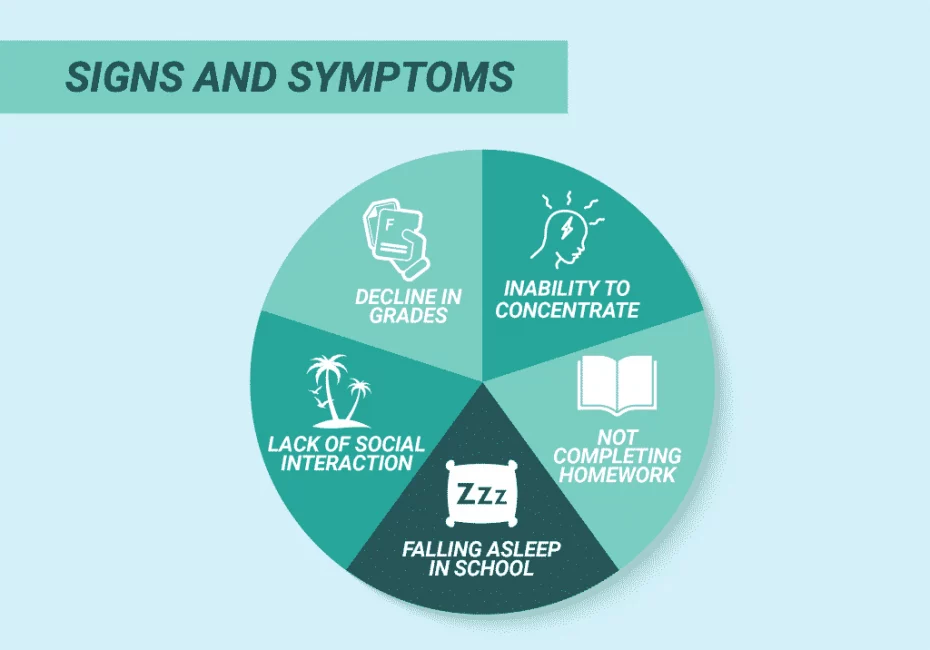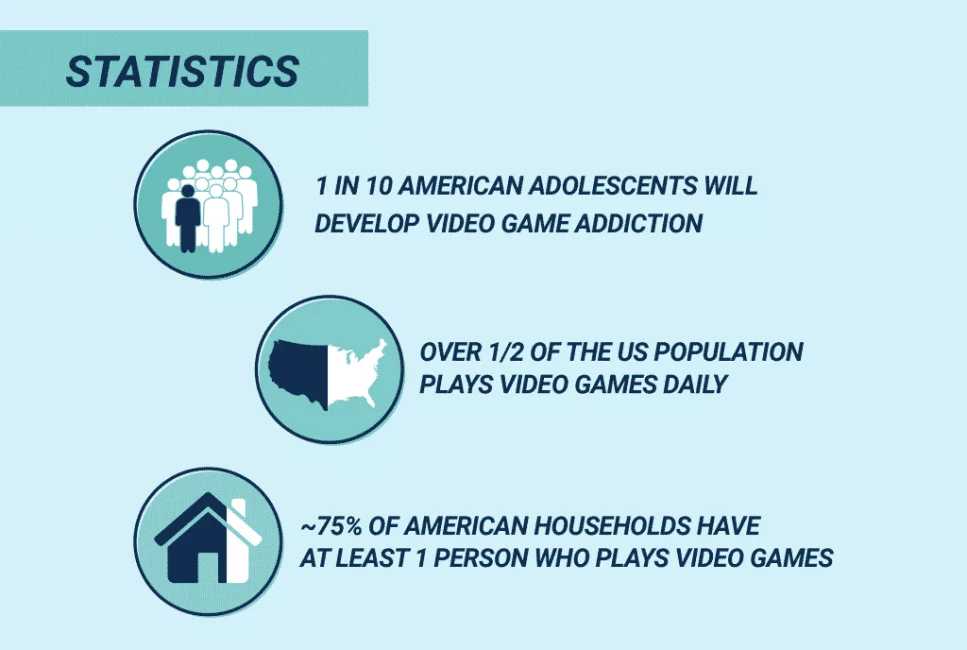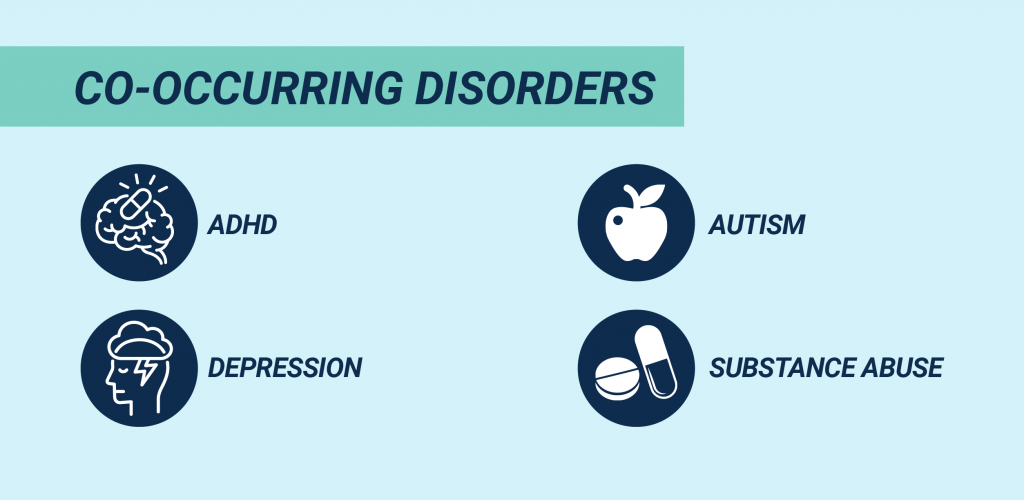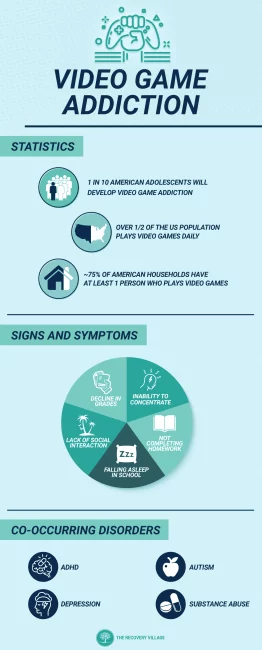Video games are popular all over the world. However, for some people, excessive video game use can quickly turn into an addiction.
Video games have been around since the early 1970s. As of 2018, some interesting statistics on video game use include:
- Over half of the United States population plays video games daily
- Nearly two-thirds of American households have at least one person who plays video games
- In 2016, almost 25 billion video games were sold generating $30 billion in revenue
These statistics suggest that video game use is widespread and an important driver in the American economy. However, playing video games can quickly become pathological, leading to a video game addiction.
What Is Video Game Addiction?
What exactly distinguishes video game addiction from normal video game use? According to the World Health Organization (WHO), a video game addiction or gaming disorder is defined as gaming patterns that involve a lack of impulse control and continuance of gaming despite dire consequences on mental, physical or emotional health. In other words, a video game disorder involves “compulsive gaming.”
When Does Gaming Become Unhealthy?
Video game use becomes unhealthy or pathological when problems start becoming frequent in relation to an individual’s gaming behavior. Pathological gaming can be diagnosed using criteria that is similar to pathological gambling. One study used an eleven-item scale where individuals must possess at least six out of eleven criteria to receive a diagnosis of a gaming disorder. Some of these criteria include:
- Video games dominate an individual’s daily life
- Playing video games provides feelings of euphoria or relief
- Over time an individual develops a tolerance to playing video games and gradually needs to play more to experience the original euphoric feelings
- An individual can have withdrawal symptoms when they are not playing video games
- Conflicts cannot be avoided with other people due to an individual’s excessive video game use
- Despite trying to stop playing video games, an individual keeps playing
Warning Signs and Symptoms of Gaming Addiction
In addition to diagnostic criteria for a gaming disorder, an individual may exhibit tell-tale signs and symptoms of a video game addiction. Typically, the symptoms of video game addiction differ between children and adults. Some of the tell-tale warning signs and symptoms of a gaming disorder in adults include:
- Individuals become obsessed or consumed with one or more video games
- Individuals are not satisfied until they continue to play video games for increasing amounts of time
- Individuals cannot stop playing video games despite repeated attempts or a strong desire to stop
- Individuals become anxious, increasingly moody or depressed when they cannot play video games
- Individuals often play video games for much longer periods than they originally intended
- Personal relationships are affected by an individual’s excessive video game use
- Individuals are dishonest or lie about the severity of their video game use
- Playing video games provides the individual with a sense of relief from personal issues
Particularly in school-age children, signs and symptoms of a video gaming disorder may include:
- Inability to concentrate in school that started after excessive video game use
- Not completing homework or assignments
- Falling asleep in class because an individual stayed up too late playing video games
- A decline in grades or performance
- Lack of social interaction except with other gamers while playing video games
- Dropping out of activities that once interested an individual to make more time for video games

Causes of Video Game Addiction
Medical professionals have speculated that the overuse of video games, along with other addictions, makes up for something missing in an individual’s life. Studies suggest that playing video games activates brain circuits involved in reward. However, there is not enough research to establish a direct cause(s) of video game addiction. More than likely, the cause of gaming disorders is complex and highly dependent on predisposing factors like an individual’s mental state, family history of mental illness and stress levels.
Effects of Gaming Addiction
There are many mental, physical, emotional and social effects that may be experienced by an individual with a gaming disorder, as well as secondary effects on people who are close to these individuals. These include:
- Social effects like greater isolation decreased desire to interact with friends, family or acquaintances in a physical setting
- Emotional effects, such as a detached sense of self or society, adopting a false identity associated with one’s online character or increased aggressive tendencies
- Mental effects, like a decrease in mental performance in other activities such as school work, sleeping and remembering obligations
- Physical effects, which may include an increased risk for childhood obesity, headaches (eye strain), backaches and the development of carpal tunnel syndrome (pain and numbness experienced in the wrists and hands due to overuse).
Video Game Withdrawal
In a study conducted in 2016, individuals with an official diagnosis of an internet gaming disorder were directly compared to individuals who also played video games but not to a pathological degree. This study found that both groups experienced typical withdrawal symptoms over 84 hours of abstaining from video games. This study suggests that both addicted and non-addicted individuals can experience withdrawal symptoms, which may include:
- Increased irritability
- Stress
- Anxiety
- Depression or sadness
- Strong desire to play video games
- Loneliness
- Restlessness
- Mood swings
Video Game Addiction Statistics
Given that non-pathological video game use is so widespread, pathological gaming is also widespread in the United States population.
A study conducted in 2008 involving video game use in American adolescents ages 8–18 found striking pathological gaming statistics, including:
- Approximately 1 out of 10 American adolescents will develop a video game addiction
- The prevalence of video game addiction in this age group ranged from 7.9–19.8% depending on the scoring criteria
- Male adolescents disproportionately exhibit signs of a video game addiction
- Male adolescents had rates of pathological gaming near 11.9% in this study
- Female adolescents had rates of pathological gaming near 2.9% in this study
These statistics suggest that video game addiction is quite common among children, adolescents and teenagers.

Gaming Addiction and Co-Occurring Disorders
Gaming addiction often co-occurs with disorders including substance use disorders and other mental health conditions. Particularly in children and adolescents, having another disorder may impact an individual’s propensity to become addicted to video games. Some conditions that co-occur with gaming addiction include:
- Attention-Deficit Hyperactivity Disorder (ADHD): In a study conducted in 2019, individuals diagnosed with ADHD were found to be at higher risk for a co-occurring video game addiction. Additionally, severe cases of ADHD were at higher risk for video game addiction than less severe cases, indicating a relationship between the two disorders.
- Autism: In a study published in 2013, male adolescents ages 8–18 that were diagnosed with autism spent almost twice as long playing video games compared with typical males or those diagnosed with ADHD. These results indicate that having autism may predispose individuals to more severe video game addictions.
- Depression: A recent study showed a link between depression and video game addiction based on brain scans of adolescent males diagnosed with pathological gaming. The study found that video game addiction caused activation in certain brain regions and was associated with worsening depression. These results indicate a direct relationship between video game addiction and depression.
- Substance Abuse: It is known that certain individuals play video games while under the influence of drugs and alcohol. However, a study conducted in 2011 found no direct association between substance use disorders and video game addiction. Other studies suggest that dopamine surges like that seen with cocaine use are similar in individuals who play video games. Nevertheless, more research is needed to fully understand the relationship between these co-occurring disorders.

Treatment for Video Game Addiction
Typical treatment approaches for video game addiction include cognitive behavioral therapy (CBT). CBT focuses on teaching individuals decision-making skills, how to control their desire to play video games, meditation techniques, new life skills and video game relapse techniques, among many others. In cases where video game addiction co-occurs with another mental health condition, like addiction, treatment that addresses both disorders is essential to long-term recovery.
If you or a loved one are struggling with co-occurring video game addiction and substance use disorder, help is available. The Recovery Village operates treatment centers across the United States that provide integrated approaches for comorbid mental health conditions and substance use disorders. Contact a representative at The Recovery Village today for more information.


Shopping Addiction
Work Addiction
Christopher, Drea. “The Negative Effects of Video Game Addiction.” (n.d.) Accessed May 9, 2019.
Entertainment Software Association. “Industry Facts.” 2018. Accessed May 9, 2019.
Gentile, Douglas. “Pathological Video-Game Use Among Youth […]18: A National Study.” 2008. Accessed May 9, 2019.
Hymas, Charles. “Warning over link between depression and[…]RI scan shows proof.” The Telegraph UK, July 31, 2018. Accessed May 9, 2019.
Illinois Institute for Addiction Recovery. “Video Games Addiction.” Accessed May 9, 2019.
Kaptsis, D et al. “Trajectories of abstinence-induced Inter[…]spective pilot study.” ScienceDirect, December 2016. Accessed May 9, 2019.
Mathews, CL et al. “Video game addiction, ADHD symptomatolog[…] game reinforcement.” PubMed Central, 2019. Accessed May 9, 2019.
Mazurek, Micah and Engelhardt, Christopher. “Video Game Use in Boys With Autism Spect[…]Typical Development.” AAP News and Journals Gateway, 2013. Accessed May 9, 2019.
On-Line Gamers Anonymous. “Withdrawal Symptoms.” April 21, 2006. Accessed May 9, 2019.
Ream, Jeffrey et al. “Playing Video Games While Using or Feeli[…]stance Use Problems.” PubMed Central, October 18, 2011. Accessed May 9, 2019.
Torres-Rodriguez, Alexandra et al. “The Treatment of Internet Gaming Disorde[…]the PIPATIC Program.” PubMed Central, November 13, 2017. Accessed May 10, 2019.
Tyson, Jeff. “How Video Game Systems Work: The History of Video Games.” HowStuffWorks, October 16, 2000. Accessed May 9, 2019.
World Health Organization. “Gaming disorder.” September 2018. Accessed May 9, 2019.
The Recovery Village aims to improve the quality of life for people struggling with substance use or mental health disorder with fact-based content about the nature of behavioral health conditions, treatment options and their related outcomes. We publish material that is researched, cited, edited and reviewed by licensed medical professionals. The information we provide is not intended to be a substitute for professional medical advice, diagnosis or treatment. It should not be used in place of the advice of your physician or other qualified healthcare providers.
